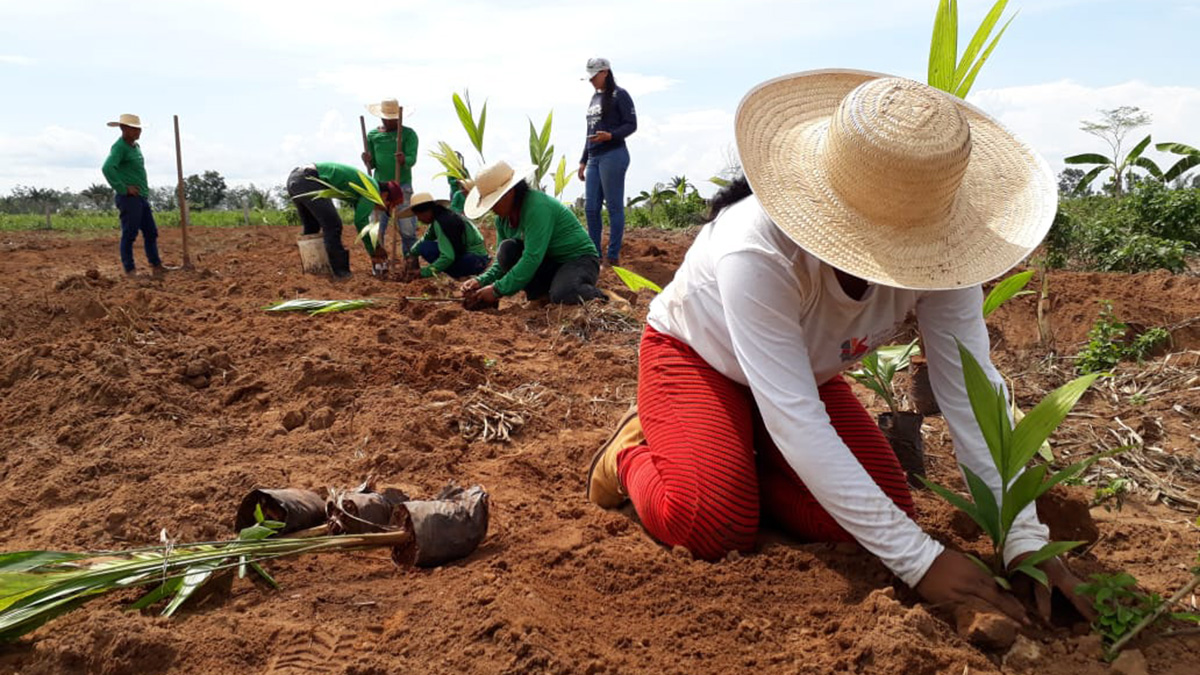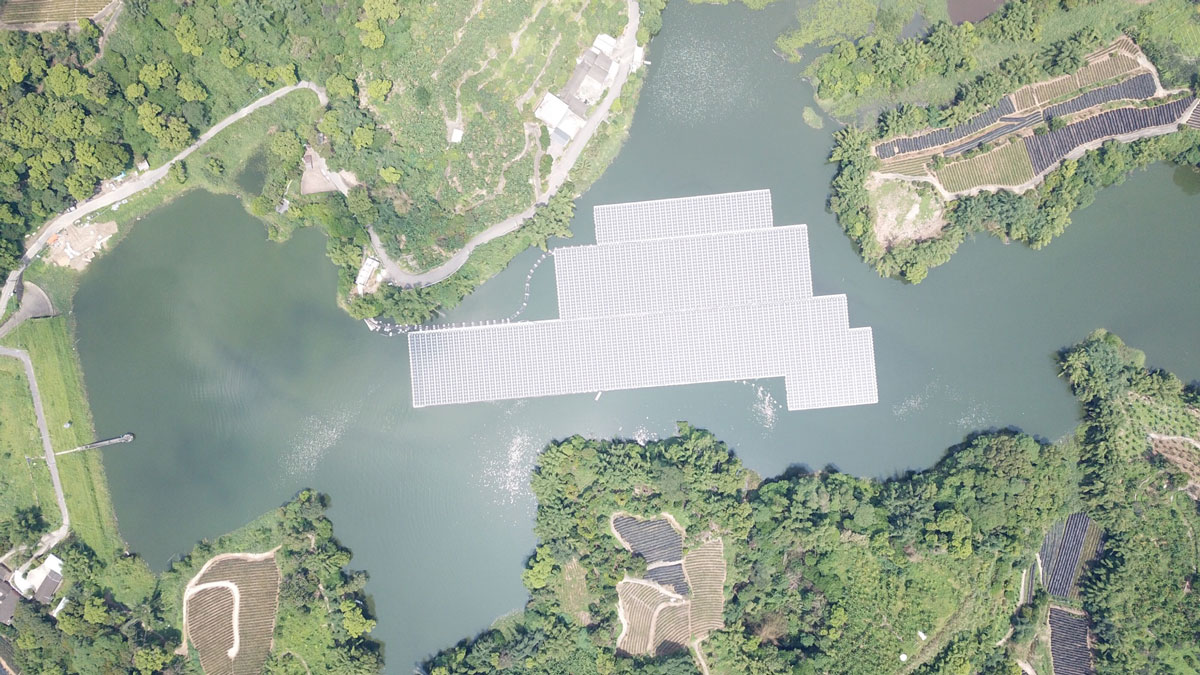Small islands and low-income nations face the largest relative monetary losses to their ports and maritime trade.
science policy
The Role of Insurance in Climate Adaption
New research tests the promise of insurance to harden the U.S. economy to tropical storms.
Earth’s Orbit Is About to Get More Crowded
The military is launching a fleet of small, interconnected satellites to collect data, track missiles, and aim weapons.
Twenty Years of NSF Funding Show Racial Disparities
White principal investigators won a disproportionate share of National Science Foundation funding between 1996 and 2016, according to an analysis of public data.
Satellite Data Reveal Uptick in Cover Cropping on Farms
Over the course of a decade, farmers growing corn and soybeans in the U.S. Midwest increased their adoption of cover cropping—a tenet of so-called conservation agriculture—by fourfold.
El conocimiento tradicional es esencial para la sustentabilidad en el Amazonas
Durante la COP26, el Panel Científico por la Amazonia enfatiza la necesidad del conocimiento indígena y local para orientar las recomendaciones científicas y políticas.
Social Media Posts Reveal Human Responses to Deadly Tongan Eruption
Quantifying human responses to natural disasters could improve preparation for future threats, scientists say.
Could Floating Solar Panels Help Mitigate Climate Change?
“Floatovoltaics” are an emerging technology, but their environmental impacts are still unknown.
Protecting Poor Neighborhoods from Landslide Risk
As low-income, informal settlements bloom in the tropics, their risk of landslides increases. A new modeling tool incorporates urbanization factors to protect the region’s poorest neighborhoods.
10 perspectivas científicas para la COP27
Mientras las naciones se reunían en Sharm El-Sheikh, Egipto, los principales científicos del clima compartieron un nuevo informe para apoyar una política más eficaz.










